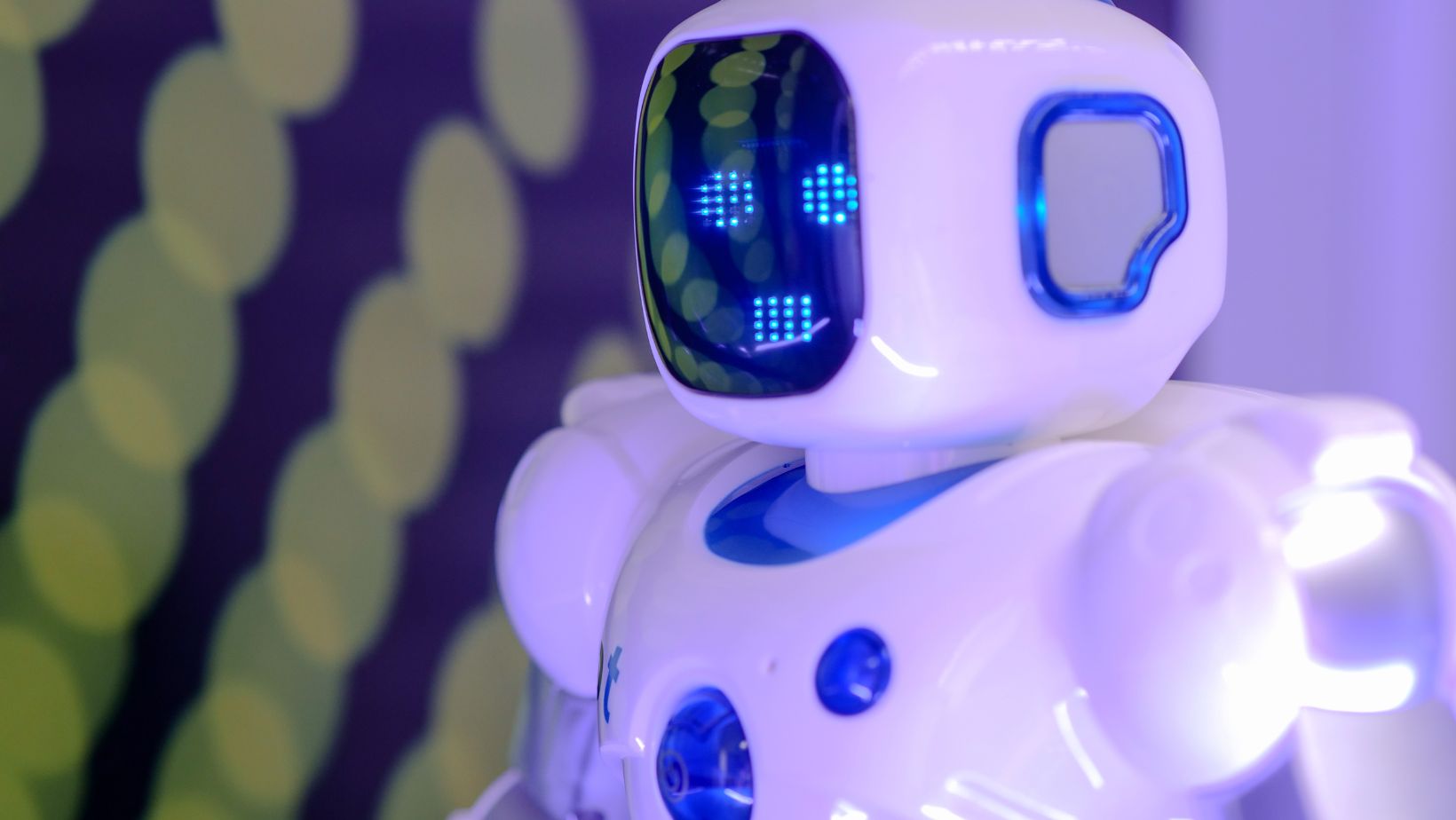Table of Contents
Introduction
In recent years, Artificial Intelligence (AI) has rapidly advanced and transformed various aspects of our lives. One of the most notable areas where AI is making a significant impact is education, particularly in the realm of personalized learning. Personalized learning tailors educational experiences to individual student’s needs, preferences, and abilities, providing a more effective and engaging approach to education. In this blog post, we will delve into the profound impact that AI is having on personalized learning and explore the various benefits and challenges associated with this transformation.
Understanding Personalized Learning
Before we dive into the role of AI in personalized learning, let’s clarify what personalized learning entails. Personalized learning is an educational approach that aims to cater to each student’s unique learning style, pace, and interests. Instead of a one-size-fits-all curriculum, personalized learning uses data and technology to create customized learning experiences. The goal is to help students grasp concepts more effectively, increase engagement, and improve overall learning outcomes.
AI in Personalized Learning: A Game Changer
- Adaptive Learning Platforms: AI-driven adaptive learning platforms are revolutionizing education. These platforms use algorithms to assess a student’s strengths and weaknesses, analyze their learning behaviors, and adapt the content and pace accordingly. For instance, if a student excels in math but struggles with grammar, the AI system can provide more challenging math problems and additional support for grammar-related exercises.

- Data-Driven Insights: AI collects vast amounts of data on student performance. This data is invaluable for educators, as it enables them to gain deep insights into individual student progress. By analyzing this data, educators can identify areas where students may need additional help and adjust their teaching strategies accordingly.
- Personalized Content Recommendations: AI algorithms can suggest personalized content, such as reading materials, videos, or interactive exercises, based on a student’s interests and learning history. This not only keeps students engaged but also encourages self-directed learning.
- Real-time Feedback: AI-powered tools can provide real-time feedback to students. For example, an AI-driven writing assistant can offer suggestions on grammar and style as a student writes an essay. This immediate feedback helps students learn and improve more effectively.
Benefits of AI in Personalized Learning
- Improved Learning Outcomes: The adaptability of AI-driven personalized learning ensures that students receive content and instruction tailored to their needs. This results in better comprehension and retention of material, leading to improved academic performance.
- Engagement and Motivation: Personalized learning keeps students engaged and motivated by offering content that aligns with their interests and abilities. This can reduce dropout rates and increase overall enthusiasm for learning.
- Time Efficiency: AI can help students learn more efficiently by identifying areas where they need the most help. This can reduce the time spent on unnecessary topics and allow students to progress at their own pace.
- Teacher Support: AI complements the work of educators by providing them with valuable data and insights. Teachers can use this information to refine their teaching methods and provide targeted support to students who need it most.
Challenges and Considerations
While the impact of AI on personalized learning is overwhelmingly positive, there are some challenges and considerations to keep in mind:

- Data Privacy: The collection of extensive student data raises concerns about privacy. It’s essential to ensure that data is securely stored and used only for educational purposes.
- Equity: Not all students have equal access to technology, which can create disparities in personalized learning opportunities. Addressing these equity issues is crucial for ensuring that AI benefits all students.
- Overreliance on Technology: There is a risk of overreliance on AI in education, leading to a reduction in the role of educators. It’s important to strike a balance between technology and human interaction.
Conclusion
Artificial Intelligence is reshaping the landscape of education, and personalized learning is at the forefront of this transformation. By leveraging AI-driven tools and platforms, educators can create tailored learning experiences that benefit students in numerous ways. While there are challenges to overcome, the potential for improved learning outcomes, increased engagement, and more efficient education is undeniable. As AI continues to advance, personalized learning will likely become an integral part of the future of education, offering students a more effective and enjoyable path to knowledge acquisition.
Brian, the dedicated Editor and Education Enthusiast at Faspe, is a dynamic force breathing life into the realm of education. Grounded in pedagogical expertise and fueled by boundless passion, Brian enriches the team with extensive experience, curating resources that inspire educators and students alike. His unshakable faith in the transformative power of education propels individuals to reach for the stars on their educational journey.






